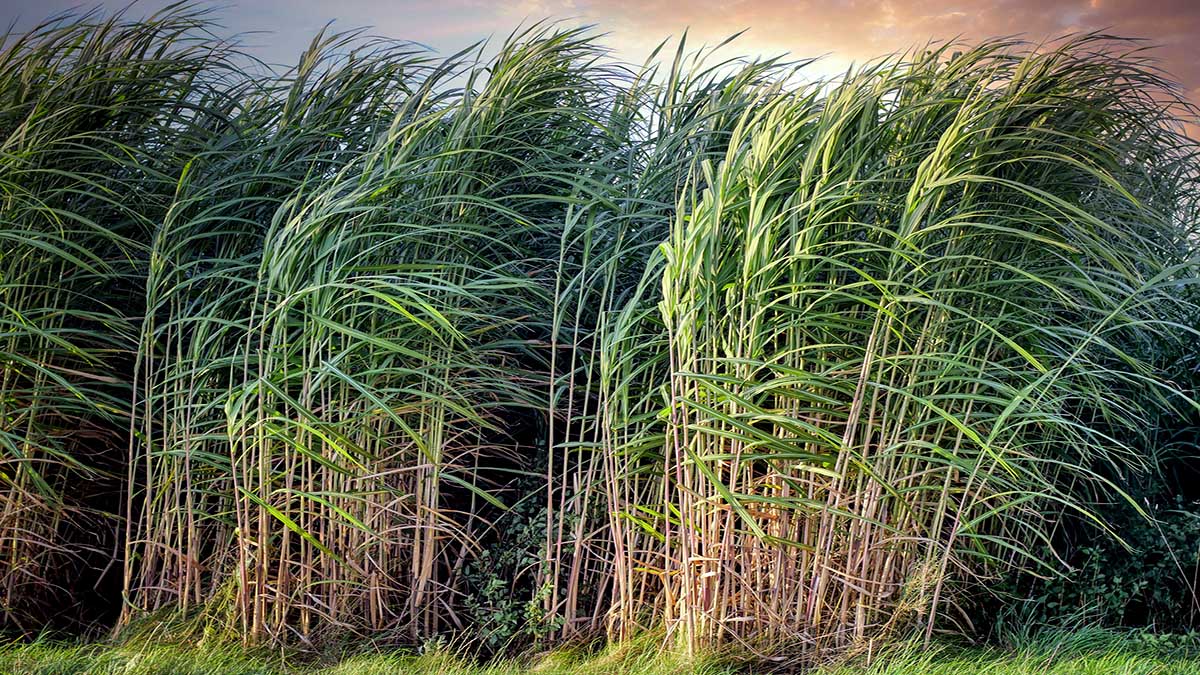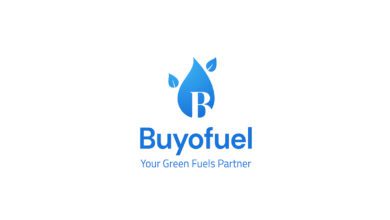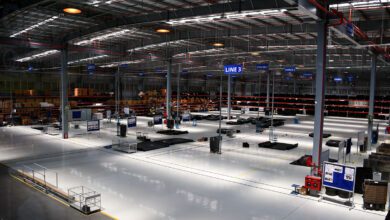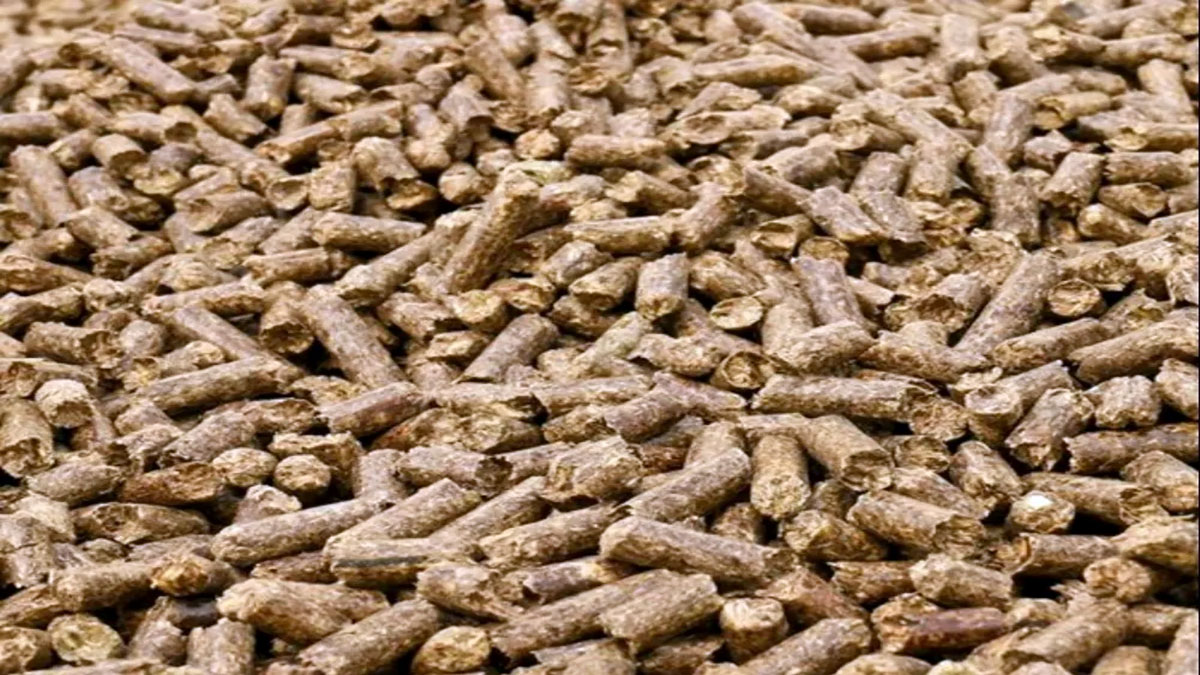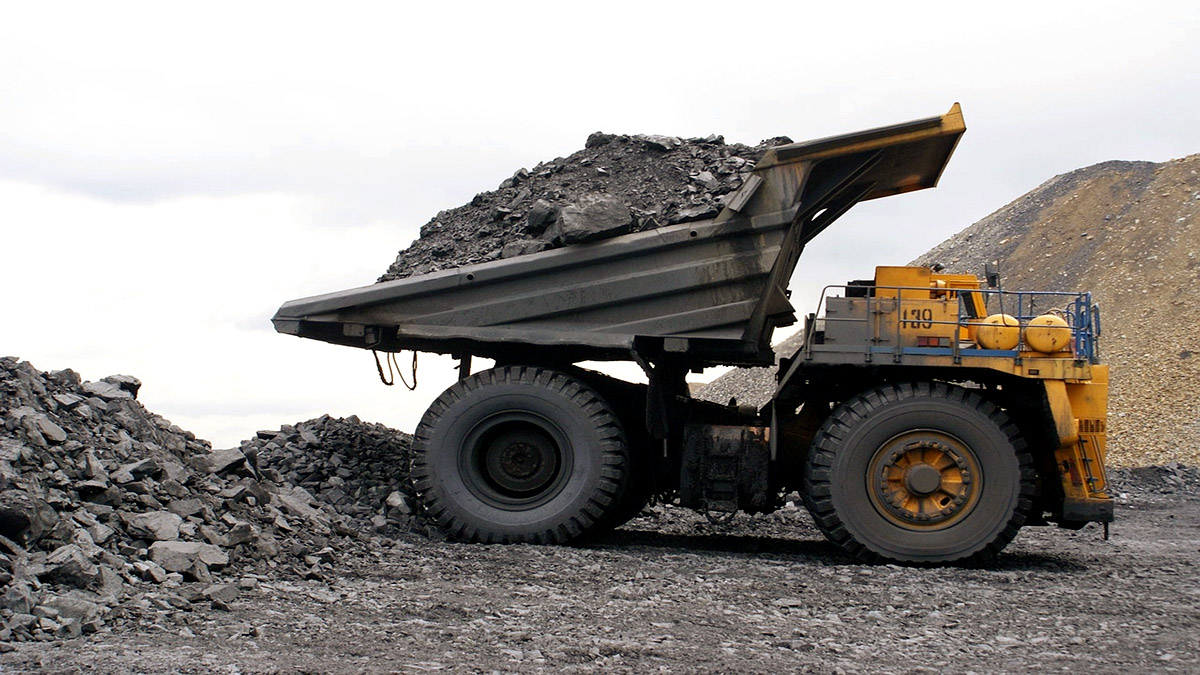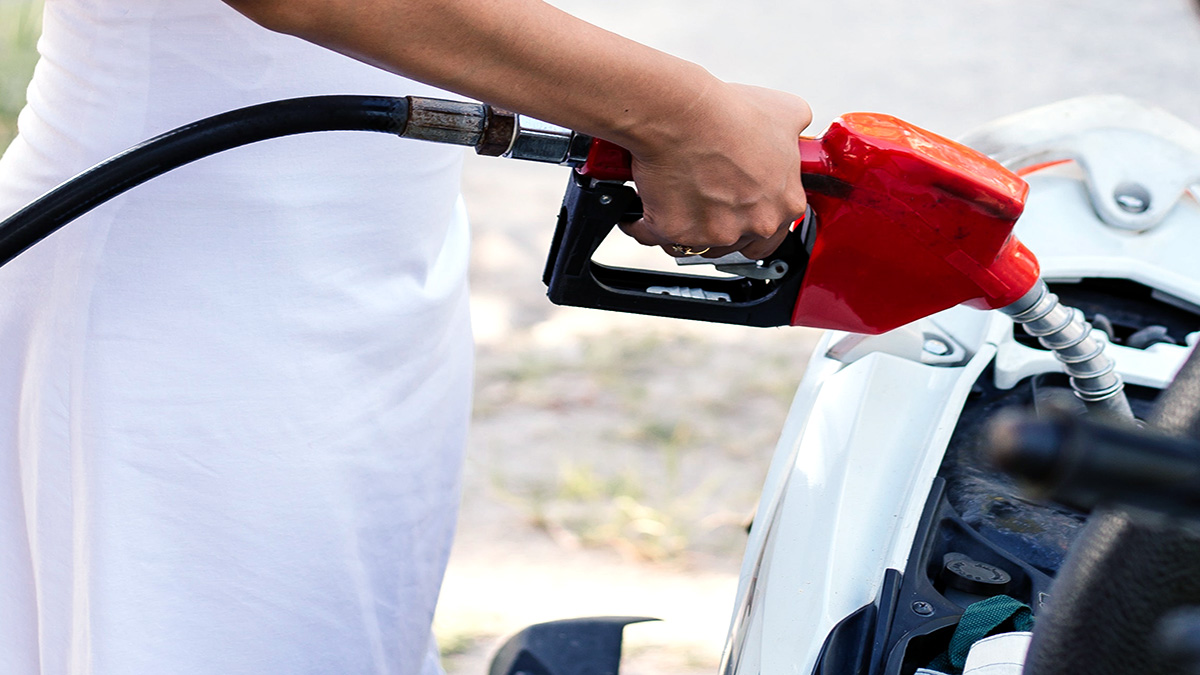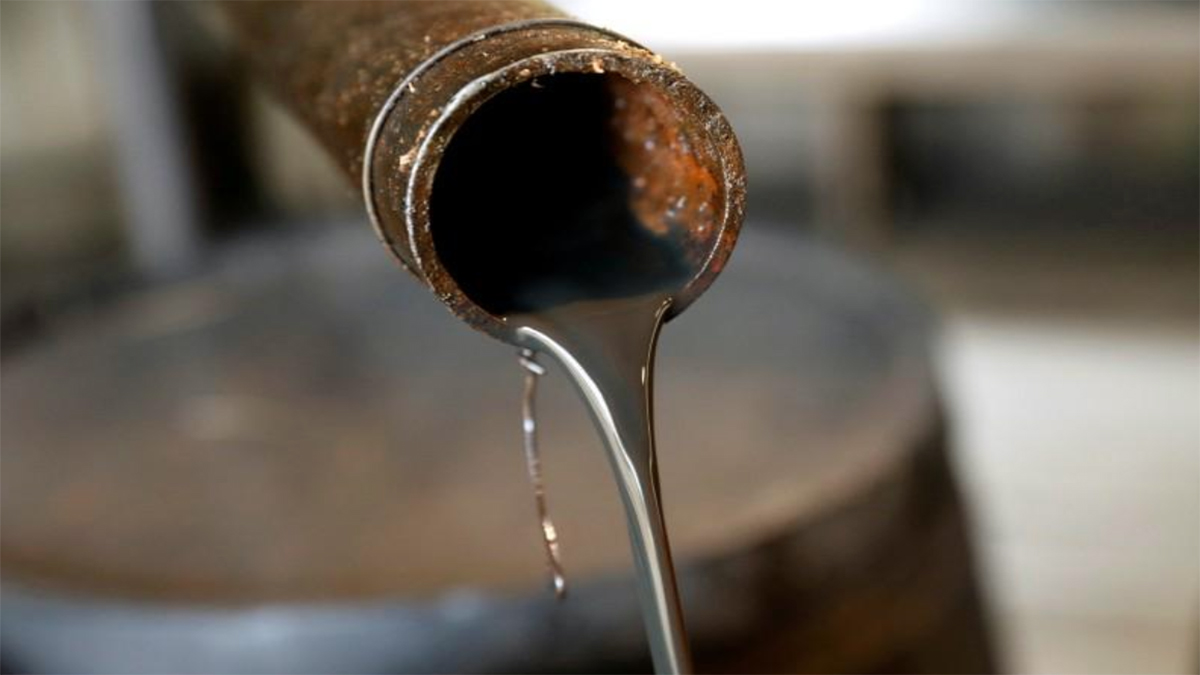The Government has notified the National Policy on Biofuels-2018 on 4th June 2018. This policy has laid out indicative targets of achieving 20% blending of ethanol in petrol and 5% blending of biodiesel in diesel in the whole country by 2030. The procurement of ethanol under the ethanol blended petrol (EBP) programme has increased from 38 crore litres to during ethanol supply year (ESY) 2013-14 to almost five times to 188.6 crore litres during ESY 2018-19.
The important measures taken to increase the production of ethanol for blending include:
- Encouraging production of ethanol from sugarcane juice and sugar/ sugar syrup.
- Fixing remunerative ex-mill price of ethanol from various feed stocks.
- Extending interest subvention to distilleries.
- Amendment to Industries (Development & Regulation) Act, 1951, for free movement of denatured ethanol for Ethanol Blended Petrol (EBP) Programme.
- Reduction in Goods & Service Tax on ethanol meant for EBP Programme from 18% to 5%.
- Extension of EBP Programme to whole of India except island UTs of Andaman Nicobar and Lakshadweep with effect from 01.04.2019.
- Enhancing ethanol storage at Oil Marketing Companies locations.
- Formulating an “Ethanol Procurement Policy on a long-term basis under Ethanol Blended Petrol (EBP) Programme”.
In the Ethanol Supply Year (ESY) 2019-20 (1st December 2019 to 30th November 2020) the Oil Marketing Companies have released Letter of Intents for procurement of 205.92 crore litre 1st Generation ethanol till 07.09.2020.
Government, to further augment ethanol supplies, allowed procurement of second-generation ethanol produced from other non-food feedstock like cellulosic and lingo-cellulosic materials including petrochemical route. Accordingly, Oil PSUs have planned to establish twelve 2G Ethanol Bio-refineries in 11 States of the country.
Fuels blended with biofuels are marketed by Public Sector Oil Companies from all existing retail outlets across the country (except Lakshadweep and Andaman & Nicobar Islands) based on their availability.
Further, to promote the sale of biofuels from new retail outlets, revised guidelines were released by the Government on 08.11.2019.
In these guidelines, the authorized entities in addition to conventional fuels, are required to install facilities for marketing at least one new generation alternate fuels like CNG, biofuels, Liquefied Natural Gas (LNG), electric vehicle charging points etc. at their proposed retail outlets (RO) within three years of operationalization of the said outlet subject to the entity complying with various other statutory guidelines.


